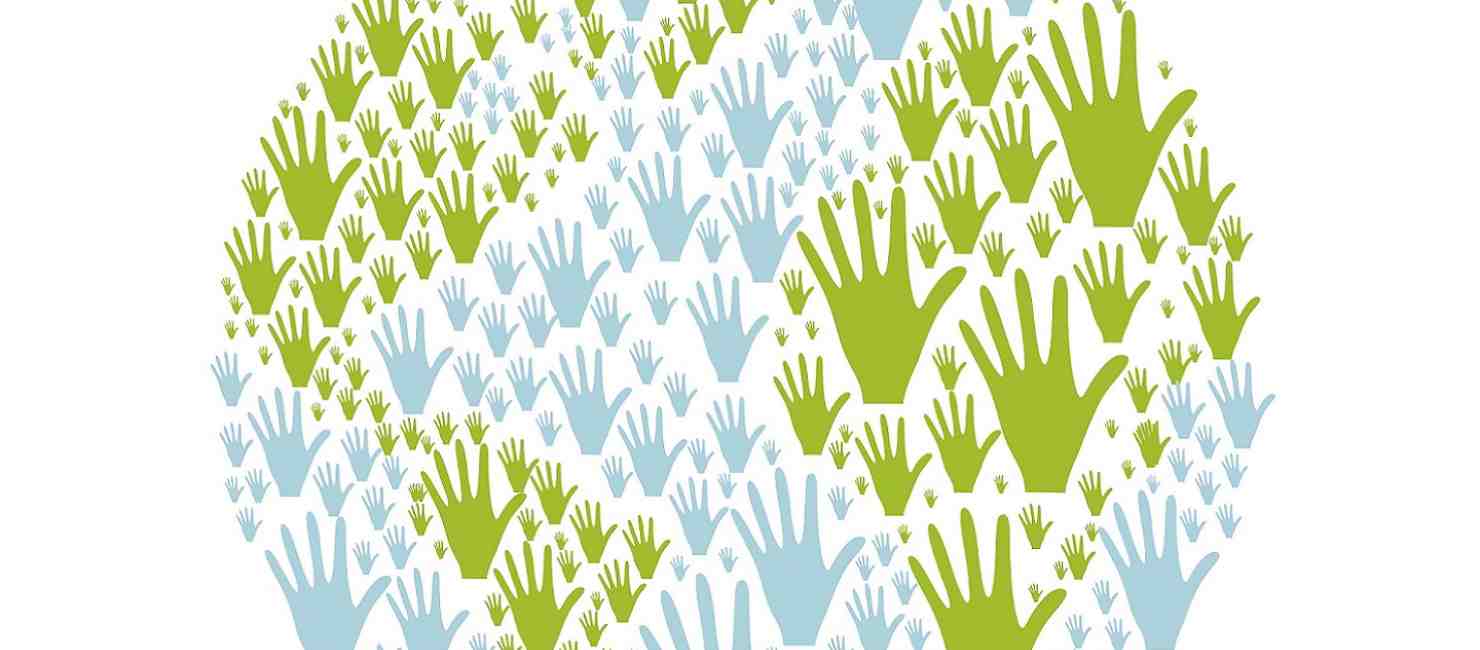Is it common for the spouse of an alleged offender to defend them?
Dear Stop It Now!,
I'm concerned about a friend whose spouse has been charged with sexual assault of a child, who is a friend of their son as well as my child. I am not aware of any evidence. Can you share some information about how spouses commonly respond to this horrible situation? Is it common for the spouse of an alleged offender to defend them?

Dear Concerned Friend,
It can be so overwhelming when someone you know has been charged with sexually abusing a child, but I’m so glad you’re reaching out to us for more information and guidance in how to respond to this complex situation, and to your friend’s needs too. You sound like a very caring person.
There are so many Possible Reactions of Non-Offending Caregivers that your friend may be feeling right now: confusion, sadness, anger, guilt, and yes, she may even be in denial that the abuse may have occurred. All of these feelings are completely normal to feel, and slowly she may be able to work towards understanding and moving past what’s happened - whatever the evidence eventually proves.
Often, the spouse of a person who abused (or who has been accussed) may suffer many similar consequences of the abuser themselves, like isolation and shame, and your friend may feel like she has to take on this situation by herself. Your friend may be worrying about so many Practical Difficulties right now: consequences for her husband (someone whom she may still love despite what he’s done); consequences for her child – at school and at home without a father figure; financial troubles from lawyers, treatment, or the impending prospects of her spouse losing his job; social costs like friends abandoning her, or her family being the subject of gossip within her community; all while perhaps trying to remain “normal” to help things go as smoothly as possible for her son.
If your friend were defending her husband, it may be unimaginable to her that someone she knows and loves is capable of abusing a child – someone who was a friend of her son no less. Many people often think that abusers are monsters, therefore this person I thought I knew and I loved – are they a monster? No, abusers are just like you and I. They are our friends, relatives, and spouses. They are married, they have children, and they have jobs.
Right now, what you can do is understand that this is an incredibly difficult time for your friend to handle and that her own emotional needs and the needs of her family may take a front seat to everything right now, even if her decisions don’t seem to be coming from a rational place. It may take time to shift back to a position where she is able to see clearly what her husband has done, its effects on others, and how she and her son can move forward. Addressing this grief and its effects may not be immediate, and if you’re willing, you may want to continue to offer yourself as a support to her – even if you don’t agree with her choices – to still acknowledge that you still care for her and want to help her move past this.
When she’s ready, she may want to look for some treatment resources for herself to address how this hurt has affected her. On ATSA’s Referral Request page, where we often send people to look for therapeutic resources for an adult at-risk or who has abused, there is also a place to request help for families/spouses of those who offend (see under “population served”). You and she both may also want to read through this story of hope: Ellen’s Story of Loving Them Both; there is life after abuse, and she can work towards healing. However, this is one person's story, and every story is different with many outcomes - recovery and healing can look different for everyone, and no one should feel pressured to "work it out" - nor should you feel guilty by your surprise or even disappointment in your friend. We all get to feel the way we want to in these types of complicated situations - the best we can do is become as informed as possible, get our own support and be true to our feelings. And it sounds like we're not yet at the healing stage.
With that said, I want to acknowledge that this is a difficult time not just for her, her son, and this brave survivor, but for the other friends (bystanders) also. As you watch this situation unfold and continue to provide support for your own son throughout this, you also need to make sure you’re doing your own much needed self-care. Take time to make sure that you have somewhere to talk about your feelings and how this has affected you too; that can be an invaluable tool.
Take care,
Stop It Now!
Feedback:
Please share your feedback on this question
Last edited on: December 5th, 2018

